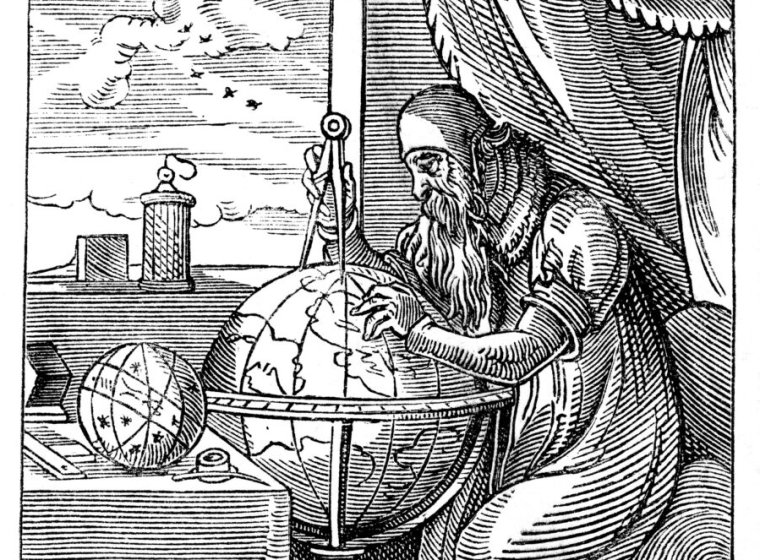Globalism vs. the scientific revolution

Enlarge (credit: duncan1890)
How did science get started? A few years back, we looked at one answer to that questionin the form of a book called The Invention of Science. In it, British historian David Wootton places the origin within a few centuries of European history in which the features of modern science-experiments, models and laws, peer review-were gradually aggregated into a formal process of organized discovery.
But that answer is exquisitely sensitive to how science is defined. A huge range of cultures engaged in organized observations of the natural world and tried to identify patterns in what they saw. In a recent book called Horizons, James Poskett places these efforts firmly within the realm of science and arrives at his subtitle: "The global origins of modern science." He de-emphasizes the role of Europe and directly dismisses Wootton's book via footnote in the process.
Whether you find Poskett's broad definition of science compelling will go a long way to explain how you feel about the first third of the book. The remaining two-thirds, however, are a welcome reminder that, wherever it may have started, science quickly grew into an international effort and matured in conversation with international cultural trends like colonialism, nationalism, and Cold War ideologies.